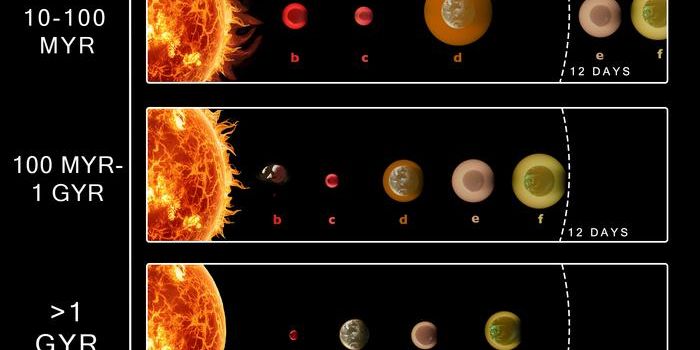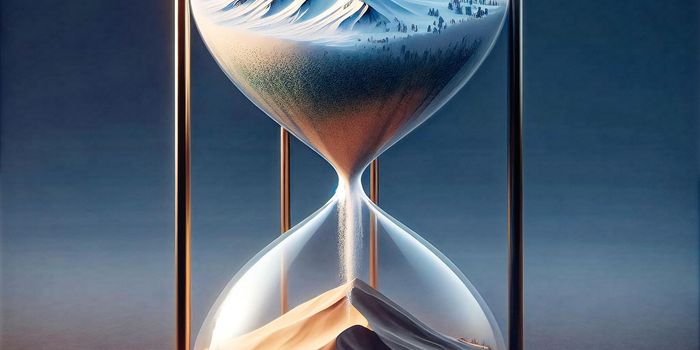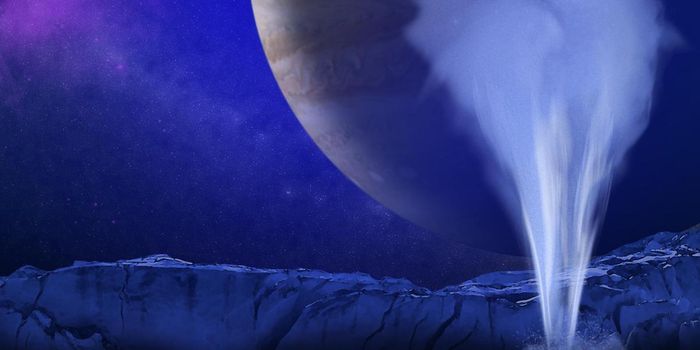US Supreme Court upholds uranium mining ban
In a sigh of relief for environmentalists and Indigenous peoples, the US Supreme Court chose to continue protections from uranium mining in the Grand Canyon. After the supreme court refused to review the case on Monday, the appeals court decision from last December which stated that the ban is legal will now continue to be effective.
In 2012 during the Obama administration, a ban on new uranium mining within a one-million-acre vicinity of the Grand Canyon was put in place for a 20-year period. The ban, also known as a mineral withdrawal, was extremely controversial, and in recent years the mining industry has been lobbying to negate the ban. The industry, which represents Canadian, British, and US interests, desires to extract mineral-rich deposits from this sacred area, one of our nation’s most-visited national parks.
The National Mining Association (NMA) and the American Exploration and Mining Association (AEMA), as well as a group of Republicans in Arizona and Utah, banded together to request that the supreme court denounce the ban. They say that uranium exploitation is not a risk to the canyon.
But Native American tribes argue that is not the case. Muriel Coochwytewa, chairwoman of the Havasupai tribe that lives within the canyon and relies on a local river, explained that “The mineral withdrawal is a necessary way to protect the land and the water that our people and our village depend upon. We are grateful that the supreme court has agreed … that our lands and our people must be preserved.”
Environmentalists also argue that uranium extraction would likely contaminate the Colorado River and other water resources that millions of people and wildlife depend on.
Though the continuance of the ban is a win for the earth, the mining industry will likely lobby the Trump administration to attempt to overturn the ban through an executive policy decision. Furthermore, not all of the area is protected, as is seen by the uranium mining operation that is planned to occur five miles from the rim of the canyon. This operation predates the ban and lack protection from the judicial system.
Sources: The Guardian, The Hill, Center for Biological Diversity









